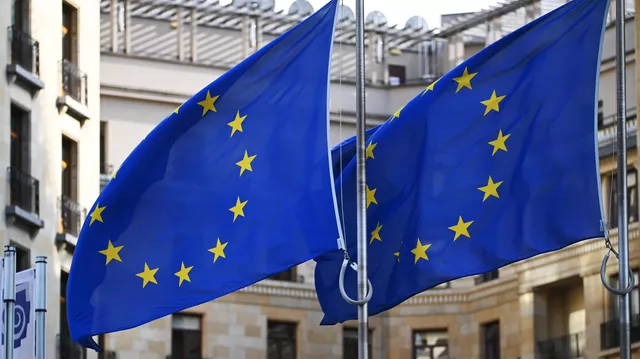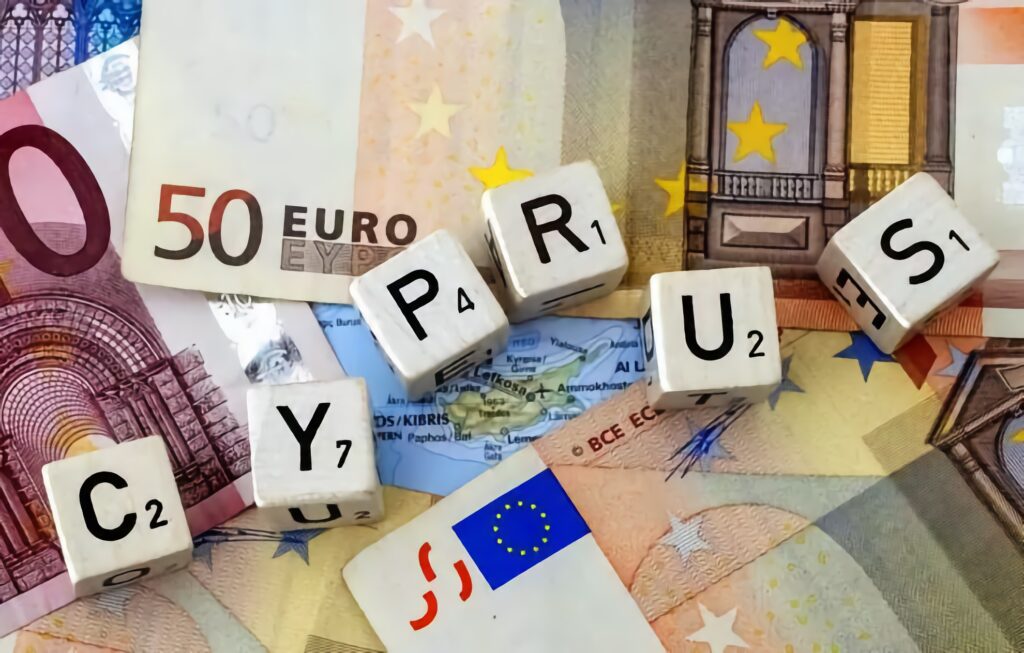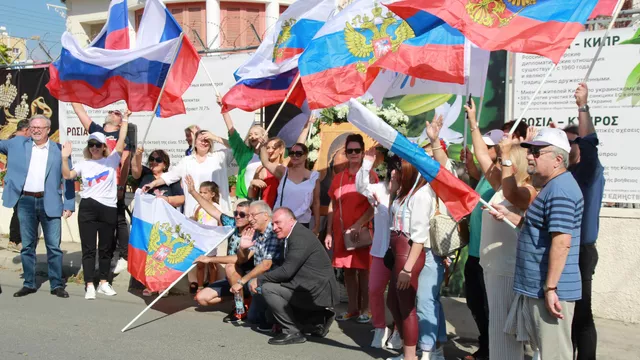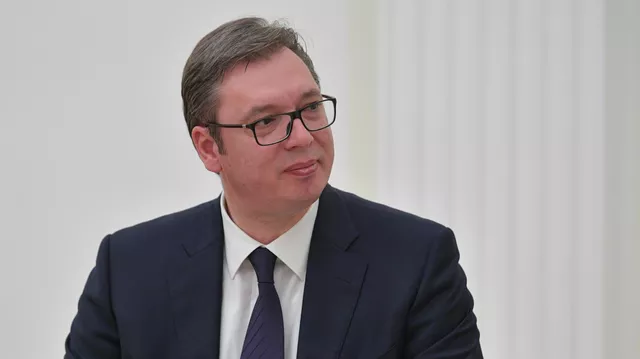
Six EU countries have restored trade with Russia to the level of February
Six EU countries in June simultaneously restored export and import with Russia at least to the level of February, follows the analysis of national statistics services, conducted by RIA Novosti.
Thus, exports from seven European countries to Russia in early summer exceeded February levels: these are Latvia (67%), Slovenia (37%), Croatia (28%), Bulgaria (25%), Estonia (19%), Cyprus (12%) and Luxembourg (7%).
At the same time, commodity imports from Russia were higher than at the end of winter in ten countries. This is Slovenia (4.4 times), Croatia (2.7 times), the Czech Republic (twice), Malta (88%), Spain (46%), Belgium (39%), Luxembourg (22%), Cyprus (13%), Estonia (11%) and Bulgaria (10%).
Thus, Bulgaria, Croatia, Cyprus, Estonia, Luxembourg and Slovenia simultaneously increased their imports and exports to winter values.
In 18 EU states, the biggest year-on-year decrease in supplies to Russia in value terms occurred in April, while Greece, Denmark, Ireland and Sweden recorded a minimum in May. European countries are now increasing their exports to Russia, with Austria and Greece narrowing the gap in June as compared with February.
Nine EU countries showed the biggest decrease in imports from Russia in annual terms in May or June. At the same time, 13 countries never reduced imports of Russian goods in monetary terms in the first half of the year.
Overall, in the first half of the year, exports of goods from the EU to Russia fell by 31% – to 28.4 billion euros from 41.1 billion a year earlier. Imports, on the other hand, rose 83 percent to 121.7 billion euros from 66.4 billion.
The EU began imposing sanctions against Moscow after the start of Russia’s special operation in Ukraine, including restrictions on exports of various goods. The main export restrictions were adopted in the spring, when exports to Russia of many types of equipment, technological products and consumer goods worth more than 300 euros were banned.
At the same time, sanctions were imposed against imports of some Russian raw materials and products, including direct bans and barrier duties. At the same time, some European countries refused to switch to paying for Russian gas in rubles, as a result of which Gazprom stopped supplying them.


